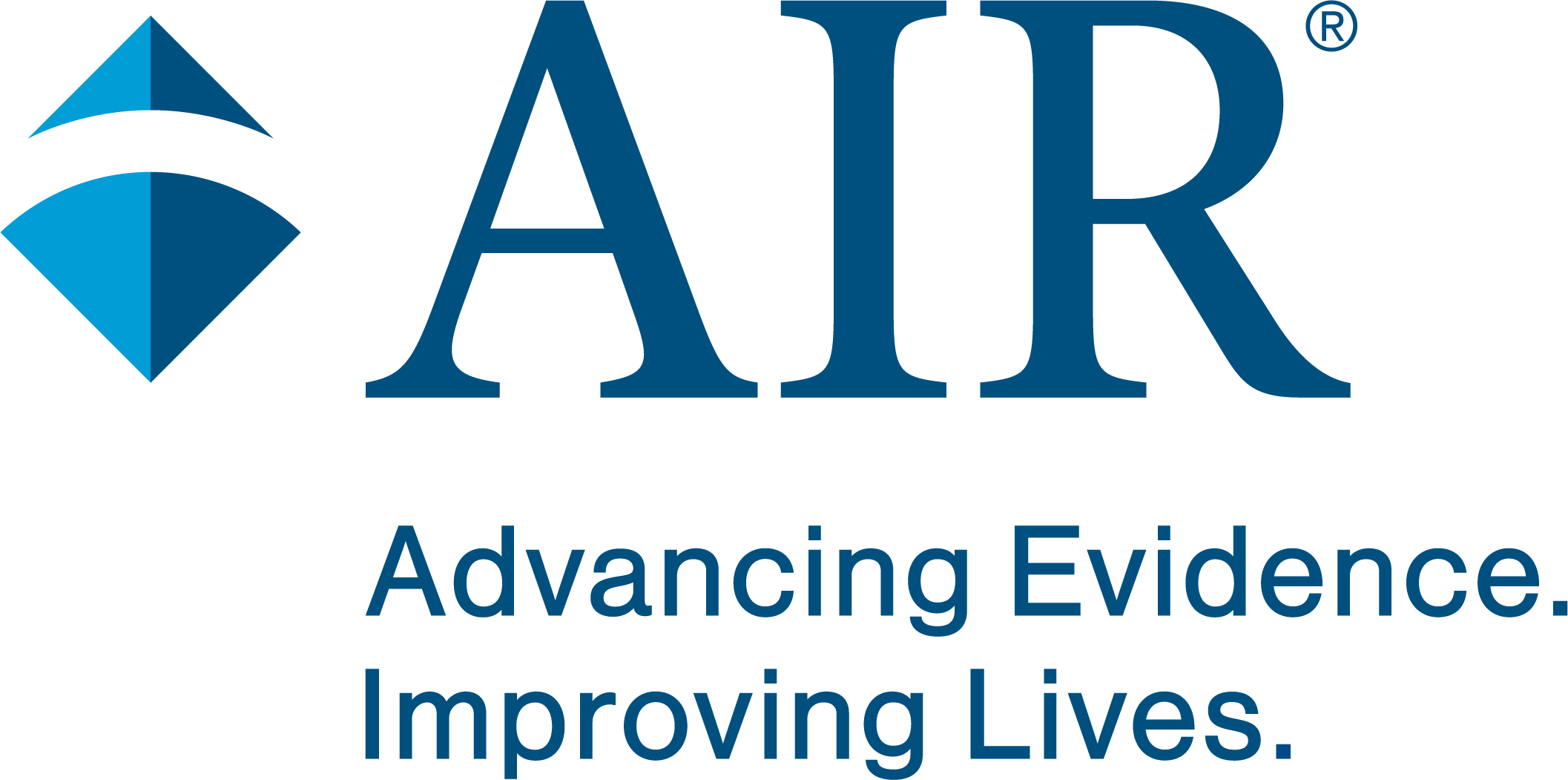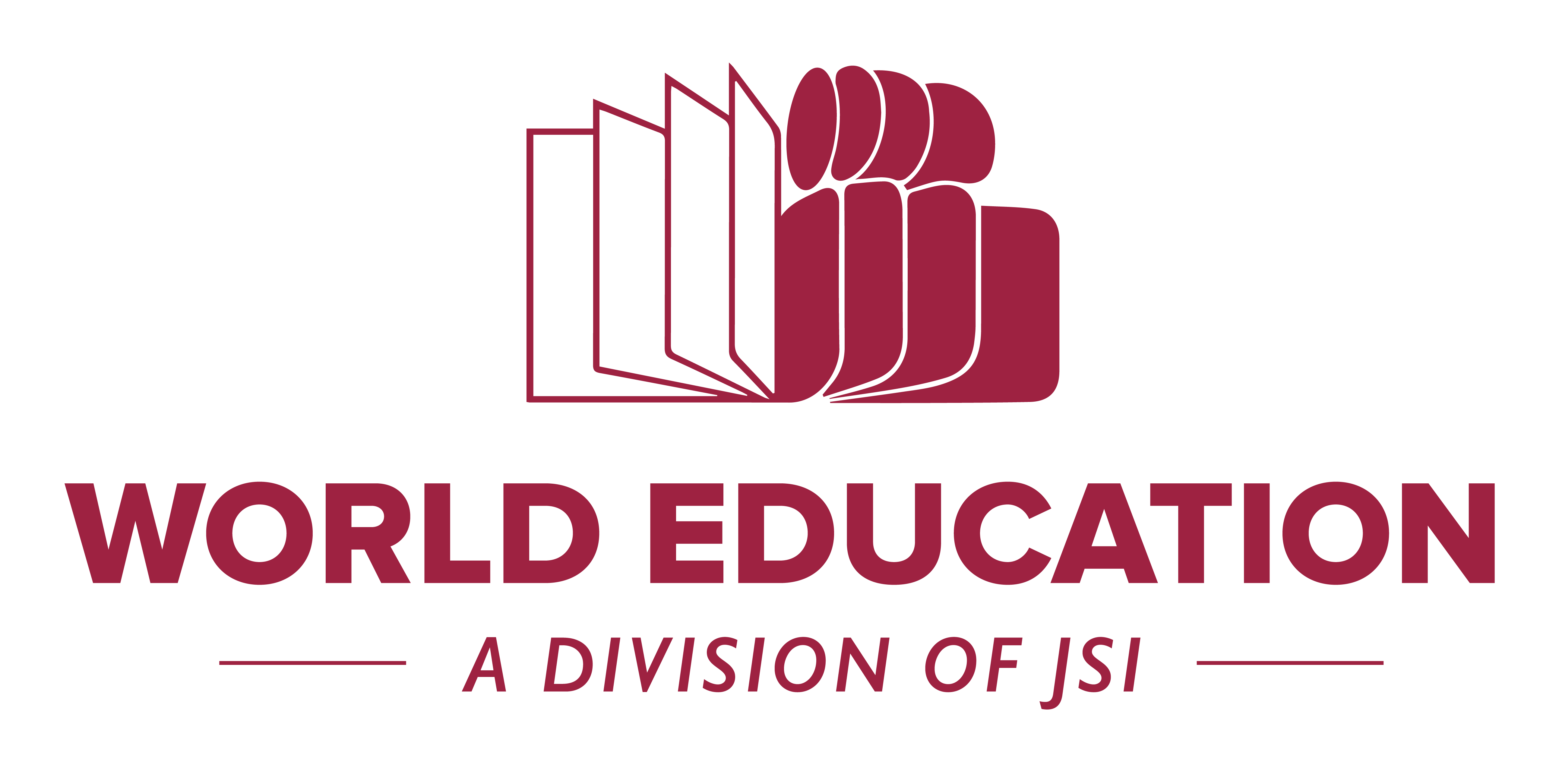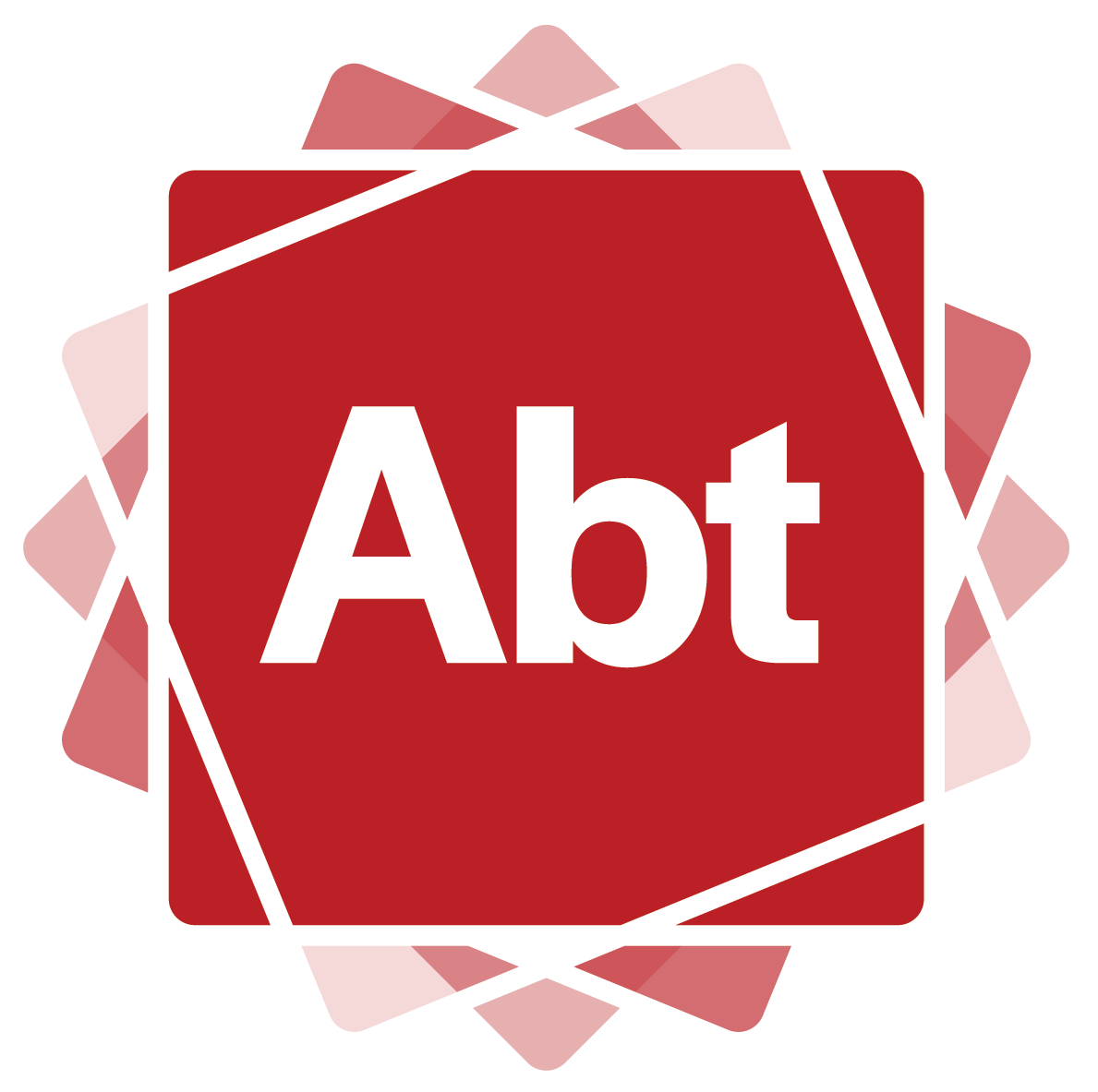Blog
Educator Spotlight for Teacher Appreciation Week: Jill Ashley-Grochowski and Steve Hunt’s Experiences Piloting the CILIA-T Curriculum
Posted on
CILIA-T, or “Content-Integrated Language Instruction for Adults with Technology Support”, is a full intermediate/advanced adult ELL curriculum that integrates U.S. history, civics and government content as well as digital skill-building. The curriculum, which is part of the CREATE Network, is completing its third year of development under a team including adult ELL and technology educators, literacy experts and content scholars. A draft of the CILIA-T curriculum is currently being piloted in four adult education classrooms by experienced teachers in Minnesota.…
Blog
Adult Learning and Education in Digital Environments: Learning From Global Efforts to Promote Digital Literacy and Basic Skills of Vulnerable Populations
Posted on
Adult Learning and Education in Digital Environments: Learning From Global Efforts to Promote Digital Literacy and Basic Skills of Vulnerable PopulationsAuthor: Judy A. Alamprese, MAJournal: Adult Learning, Volume 35, Issue 2AbstractThe pervasive role of digital technologies in adult learning and education (ALE) was a prominent theme throughout the deliberations of the Seventh International Conference on Adult Education (CONFINTEA VII) held June 15-17, 2022 in Morocco. CONFINTEA VII embodied the worldwide interest in digital technologies through the use of a…
Resource
Developing digital proficiencies of English learners in adult education
Posted on
Description
All around the globe, the development of digital skills is considered a priority because individuals are increasingly asked to interact with digital information. Digital literacy is required to communicate effectively and accomplish social and work-related tasks. Although there is a significant body of literature on the development of digital proficiencies in educational settings from elementary school to university, there is limited research with adults who are continuing their education later in life, usually outside of formal educational systems.
The purpose of this paper is to report results from a study conducted with English learners in an adult education program in the U.S. The study evaluated the digital component of a new curriculum named CILIA-T (Content-Integrated Language Instruction for Adults with Technology Support), CILIA-T is a 16-module curriculum supporting adult learners to build their English skills, US History and Civics knowledge and digital proficiencies.
Resource
Current Assessment Needs in Adult Education and Workforce Development
Posted on
Description
The present report summarizes the research conducted through focus groups, literature reviews, and listening sessions to understand and document the specific assessment needs in adult education and workforce development.
(November 2023)
Resource
Assessing the Dimensionality of O*NET Cognitive Ability Ratings Across Job Zones
Posted on
Description
The present report analyzes the US Department of Labor’s Occupational Information Network (O*NET) data, revealing social skills, reasoning skills, and verbal skills are important for success across different types of jobs.
(February 2024)
Resource
Texas Standards 2.0 Webinar
Posted on
Description
Webinar recorded on 11/3/2021 for the UMass ASAP project. Here, presenters Maria Elena Oliveri, Karl Haigler, and Anson Green provide an explanation of how the Texas 2.0 adult education/workforce development standards were created. These standards bridged adult education and job training programs using the O*NET job classification system. More info about the Texas Standards 2.0 project, including the Standards themselves, is available here.
(November 2021)
Resource
Assessment Resources in Adult Education and Workforce Development
Posted on
Description
As part of ASAP we reviewed the literature and practices in adult education and workforce development to compile information on existing assessments and related resources. We plan to periodically update this compilation, so feedback on the structure, content, and organization of the compilation is welcome, as are suggestions for resources not yet included (asap@umass.edu).
(September 2022)
Event
National Skills Coalition - National Skills Summit
The Skills Summit is an opportunity to mobilize and elevate the voices of our network to move our collective skills agenda forward.
Resource
Numeracy Education for Adult Learners: A Scan of the Field
Posted on
Description
The brief provides a comprehensive picture of the adult numeracy education landscape and key factors impacting adult numeracy learning and technology use to inform further research and support the development of an ANDE course and related professional development.
Resource
Insights Into Adult Education: A Need for Flexibility and Innovation
Posted on
Description
In this blog post, Carnegie Math Pathways and their research partners share their interactions with adult learners and instructors, and their initial exploratory research into adult numeracy and digital literacy—providing critical insights into ways that the adult education field demands more flexible and creative research and development solutions that account for the realities of adult education.






